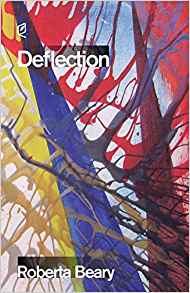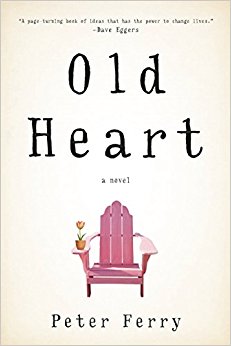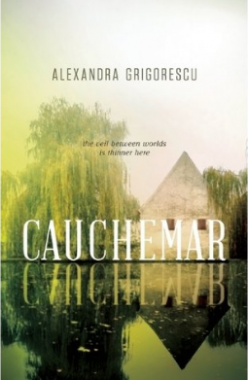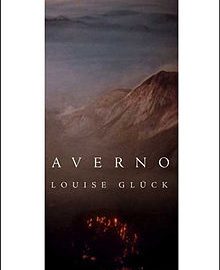The Underworld of the Mind: Louise Glück’s Averno
Taking a trip into the underworld of the speaker’s subconscious, Louise Glück’s poetry collection, Averno is a place that visits both the light and the dark of ourselves. The epigram at the beginning of her book introduces “Averno” as a small crater lake near Naples, Italy, a place that the ancient Romans thought to be the entrance to the underworld. It is here that we enter another realm with Glück as she explores topics that float beneath our surface – her speaker shares thoughts about suffering and recovery, the changing shape of memory, what happens as grief, aging, and disease affect life and spirit – and whether we do find solace after death.
The collection’s opening poem, “The Night Migrations” raises a question about what happens when we die. The speaker notes the return of “the red berries of the mountain ash/and in the dark sky/the birds’ night migrations.” Upon these observations of beauty, the speaker confesses being upset that the dead won’t see these things, “These things we depend on/they disappear.”
The concepts of winter and spring and their return each year also echo throughout the poems. With each poem, though, there is a new perspective or nuance that accompanies the speaker’s thoughts. In “October” the motif, the “light of autumn” accompanies an awareness of an earlier suffering, and with this awareness the realization that, with living, there is no escaping suffering. “This is the light of autumn; it has turned on us. /Surely it is a privilege to approach the end/still believing in something.” What to do about that – abandon all hope, or not, is the question, which the speaker does not neatly answer.
Similarly, in “Persephone the Wanderer” (the first of two) the speaker contemplates the seasons, once again. Here, the speaker points out that Persephone has no concept of winter, except that she caused it, and, “When death confronts her, she has never seen/the meadow without/the daisies.” The speaker ponders to what level Persephone is afraid, can have feeling, or know what she wants, given the pre-scripted life made for her by the deal between Hades and her mother, Demeter. The speaker closes with a provocative question: “What will you do, when it is your turn in the field with the god?”
In the second version of this poem, “Persephone the Wanderer” at the end of the collection, the speaker is commanding, reminding us, “Spring will return, a dream/based on a falsehood: that the dead return.” Later in the poem, the speaker as one who is dead, asks Zeus, “How can I endure Earth?” Glück’s powerful, final stanza provides Zeus’ answer:
And he would say,
in a short time you will be here again.
And in the time between
you will forget everything:
those fields of ice will be
the meadows of Elysium (76).
The reply of this final stanza is like being explained the meaning of life, but then forgetting what the speaker said, the irony of this not lost us as we realize it is the same for us all.
Glück’s collection as a whole has a powerful, haunting message, each poem delivering its own vantage point. It is as though the poems work together like a patchwork quilt to blanket us with feeling, at times despairing and other times empowering, taking on those life questions which lurk in the underworlds of our minds, deep below the surface.
[author] [author_image timthumb=’on’]http://minotaursspotlight.com/wp-content/uploads/2014/10/Elise-Photo1.jpg[/author_image] [author_info]Elise Brand is a poet and teacher from Montgomery County, PA, earning her MFA in Creative Writing from Arcadia University in 2014. Her work has appeared in Adanna Literary Journal, The Broadkill Review, The North Penn Reporter, and Mousetales Press. She views art and its making as gifts with which to be generous – the connection between artist and audience a sacred thing. She enjoys travel and cooking, bicycling and refurbishing old furniture. She lives in Lansdale with her husband, a history professor, who shares her of love of vintage records and the resurgence of vinyl. (Records, that is. Vinyl in other instances may be questionable.) [/author_info] [/author]




